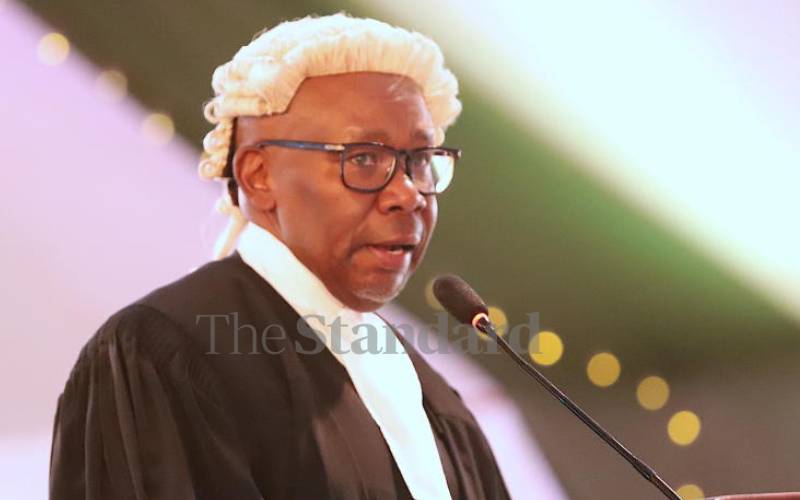×
The Standard e-Paper
Smart Minds Choose Us

The electoral commission has accused five High Court judges of exceeding their mandate by stopping the country from going to a referendum.
In a four-point appeal, the Independent Electoral and Boundaries Commission (IEBC) defended its conduct in approving the Constitution of Kenya (Amendment) Bill, 2020, stating they followed due process as provided in the Constitution.